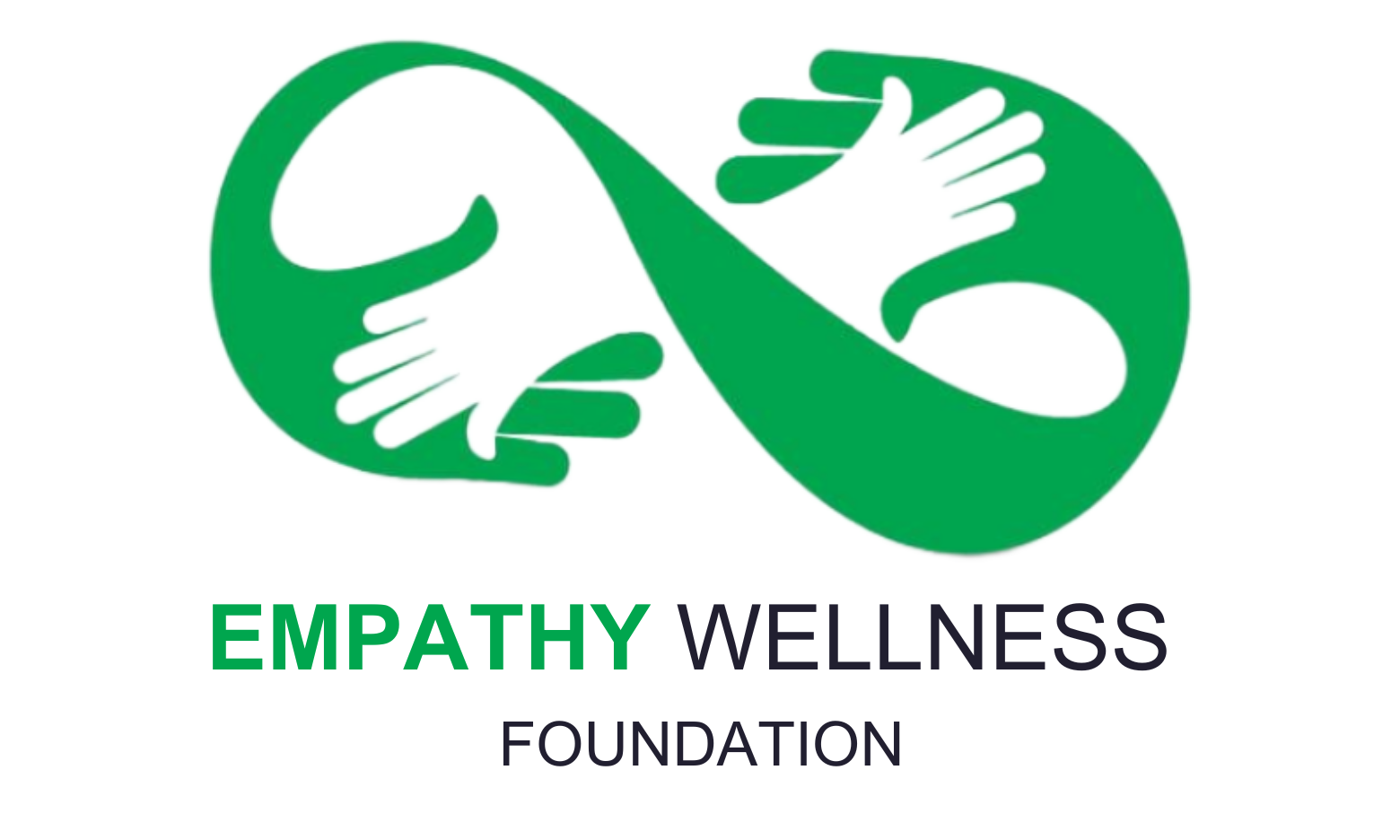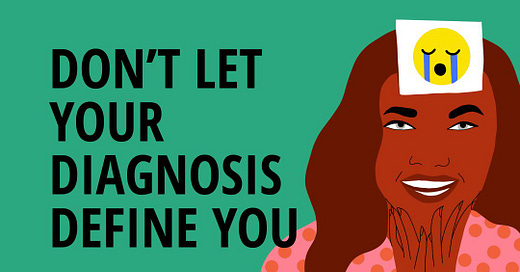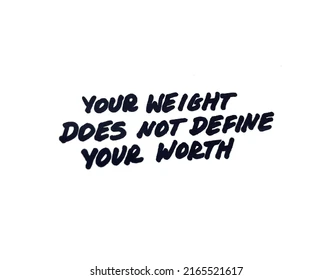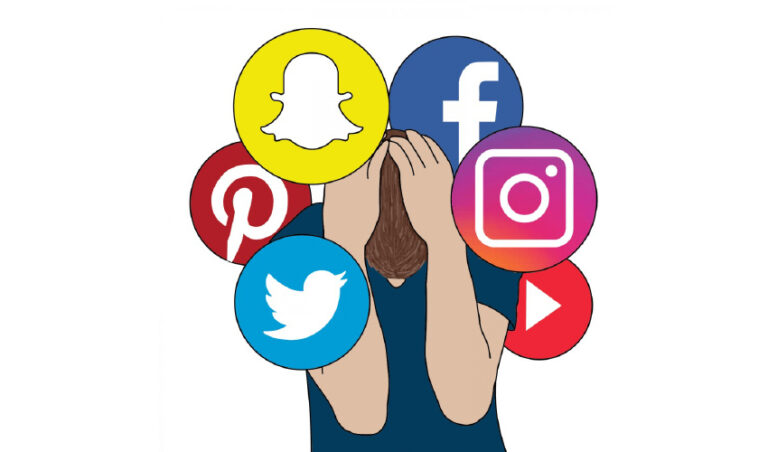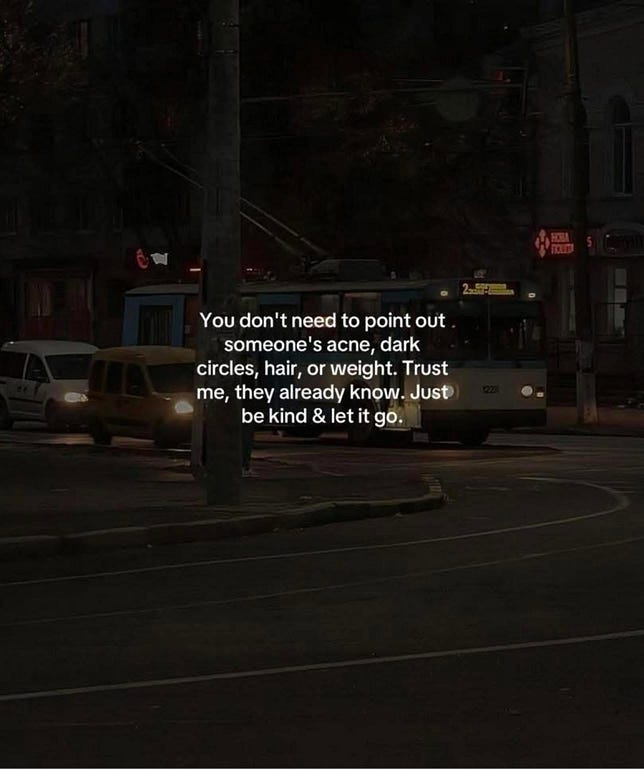Unlearning Toxic Positivity: It’s Okay to Not Be Okay
We’ve all heard the phrases:
“Just stay positive.”
“Look on the bright side.”
“Good vibes only.”
While these sayings are often well-intentioned, they can sometimes do more harm than good—especially when we’re struggling.
This relentless focus on positivity, no matter the situation, has a name: toxic positivity. And unlearning it is essential for genuine emotional health.
What Is Toxic Positivity?
Toxic positivity is the belief that no matter how difficult or painful a situation may be, one must maintain a positive mindset. It denies real emotions and dismisses the very human experience of pain, grief, and struggle.
Examples of toxic positivity might include:
- Telling someone who’s grieving, “At least they lived a long life.”
- Responding to someone’s depression with, “Other people have it worse.”
- Encouraging someone to “just smile” or “be grateful” when they’re clearly hurting.
While positivity can be powerful, forced positivity can become a mask—a way to silence uncomfortable truths and invalidate deep emotional experiences.
The Harm of Always Trying to Be “Okay”
On the surface, positivity sounds helpful. But when it becomes a cover-up for real pain, it can isolate people and make them feel ashamed of their emotions.
Here’s how toxic positivity can impact mental health:
- Invalidation of emotions: When someone is told to “just cheer up,” it sends a message that their feelings are not acceptable.
- Emotional suppression: Feeling pressure to appear happy all the time can cause people to bottle up their emotions, which leads to stress, anxiety, or depression.
- Disconnection in relationships: When someone is struggling and receives a shallow or overly positive response, it creates distance. They may feel unseen, unheard, and misunderstood.
- Shame and guilt: People may begin to think there’s something wrong with them for feeling negative emotions, leading to guilt over their very human experiences.
The truth is, it’s okay to not be okay. Emotions like sadness, anger, fear, and frustration are natural responses to life’s challenges. They don’t make us weak—they make us human.
Why We Need to Normalise Difficult Emotions
We live in a world that prizes happiness and productivity, often at the expense of authenticity. But life isn’t just about feeling good. It’s about feeling everything—the joy, the grief, the uncertainty, the pain, and the healing.
By acknowledging all emotions, we:
- Build emotional resilience
- Learn more about our inner needs
- Deepen our self-awareness
- Create more honest and supportive relationships
There’s immense power in allowing ourselves and others to be real—even when the reality is uncomfortable.
How to Unlearn Toxic Positivity
Unlearning toxic positivity means shifting from superficial encouragement to compassionate presence. Here are a few ways to start:
- Validate, Don’t Minimise
Instead of saying, “You’ll get over it,” try:
- “That sounds really hard.”
- “I’m here with you.”
- “It’s okay to feel this way.”
- Feel Without Fixing
You don’t need to immediately find the silver lining. Sometimes the most supportive thing you can do is sit with someone in their pain—without rushing to make it better.
- Use Realistic Affirmations
Instead of toxic mantras like “Good vibes only,” try saying:
- “I’m doing my best, even if it’s hard right now.”
- “It’s okay to feel overwhelmed. I can take it one step at a time.”
- Embrace Emotional Honesty
Give yourself permission to feel. Journal, talk to a trusted friend, or seek therapy. It’s not only okay to express your struggles—it’s healthy.
- Stop Comparing Pain
Everyone’s experience is valid. Just because someone else has it “worse” doesn’t mean your pain doesn’t matter.
Healing Through Emotional Trut
True healing doesn’t come from pretending everything is fine—it comes from facing what’s real with honesty and compassion. By allowing ourselves to feel our emotions fully, we actually give them less power over us. They move through us instead of becoming stuck inside.
And when we create space for others to share their struggles without fear of judgment or dismissal, we create a culture of empathy instead of shame.
